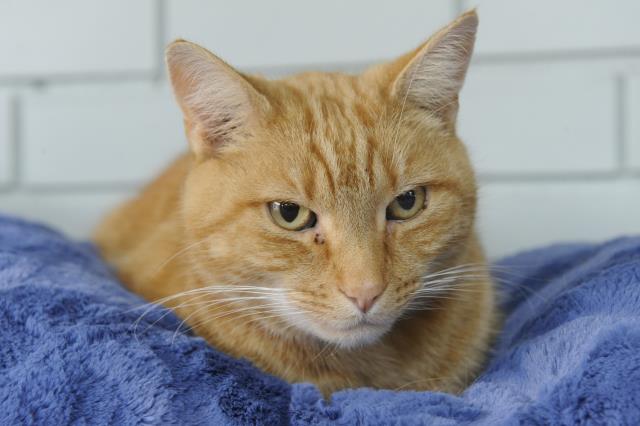After public feedback, Greater Dandenong council officers have recommended stepping back plans for a 24-7 cat curfew.
Councillors will instead vote on a night-time cat curfew, which would require cats to be confined at home between dusk and dawn.
The proposed curfew would be monitored for two years, with the possibility of extending it to 24/7 “if necessary”.
The council had originally proposed a 24-hour curfew as part of its 2022 cat management strategy.
A curfew was a “crucial step” to manage Greater Dandenong’s “significant” cat overpopulation and roaming issues, a council report stated.
It would also help to reduce the number of birds and wildlife preyed upon by cats as well as cats being killed on roads and euthanised in pounds and shelters, a council report stated.
“While it is acknowledged that having a 24-hour curfew would have a greater benefit to the environment, amenity and safety of the municipality, it is considered that a night time curfew as a first step is a logical and well-balanced outcome.”
The revised proposal follows 356 recent public submissions, with 57 per cent in favour of a cat curfew in Greater Dandenong.
Of those supporting a cat curfew, only 46 per cent approved of a 24-7 prohibition.
Among those in favour, submitters said cats wandering even during the day were killing wildlife and leaving “mess” and kittens in neighbouring properties.
“I believe cats are beautiful animals but must be kept away from all wildlife,” a submitter who keeps their felines in a cat enclosure.
“It’s cheap and easy to make a cat run maybe Council could give people incentives to create them workshops/ reduced cat registration fees/ free netting?”
Another said their two cats were “safe, comfortable and fulfilled as indoor only cats”.
“I think people underestimate how dangerous cats are to wildlife and we should be protecting our native animals.”
However, those against a 24-hour curfew included an owner who said it would cause cats being put up for adoption.
“My cat is contained inside at night, but likes to roam free during the day. Mostly she stays around the home, she occasionally wanders the street.”
Another submitter said “people will stop registering their pets because (they’re) afraid of getting a fine”.
“Less cats desexed will lead to more strays.”
Among the objectors was the Knox AdvoCats group, which told Star News that “mandatory cat containment … kills more wildlife, kittens, and divides community”.
“Community Cat Programs are proven worldwide to save wildlife, cats, and shelter-workers lives at one-sixth of the cost of cat curfews’ trapping and killing.”
The council report stated a cat curfew alone won’t resolve the issues.
There was a “critical” need for a “comprehensive” education program in the city’s “multi-cultural and diverse community”.
More staff were also required to respond to complaints about cats in a timely manner.
The council has also stated its dismal 15 per cent cat registration rate was a barrier to the cat curfew being effective.
As of January 2021, there were an estimated 20,000 unregistered cats.
An RSPCA 2018 report was in favour of 24-hour containment, rather than night-time curfews.
However, it stated enforcement could be difficult. More data was also needed on the impacts on wildlife predation, welfare of confined cats and the risks with cat trapping.
It recommended mandatory desexing and identification as well as community education programs.







